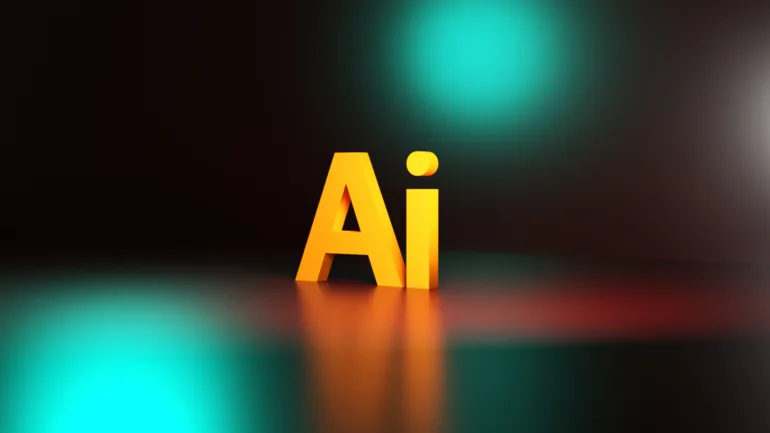TL;DR:
- AI is expected to both eliminate and create jobs, with 2.3 million new jobs projected to be created by AI in 2020, compared to 1.8 million losses.
- Technological advances are affecting all industries and transforming society, with one of the biggest challenges is managing the impact of technology on the job market to prevent exacerbating economic inequality.
- The automation of tasks through AI is leading to the creation of three new job categories that can only be performed by human labor: trainers, interpreters, and maintainers.
- Trainers are needed to train AI algorithms and improve their social and emotional intelligence.
- Interpreters use experimental, analytical techniques to explain the workings of AI algorithms and provide insight into why they make specific decisions.
- Sustainers ensure that AI systems operate effectively and ethically, setting limits on AI behavior and ensuring alignment with social and organizational values.
Main AI News:
The Rise of AI: Disrupting the Job Market and Transforming the Economy
Artificial Intelligence has been making headlines for its potential to revolutionize the job market, with many experts predicting that it will eliminate millions of jobs. However, it’s important to note that AI is also expected to create a significant number of new job opportunities. According to a report by US consultancy Gartner, in 2020, the number of jobs created by AI is projected to surpass the number of jobs destroyed by the same disruption, with 2.3 million new jobs compared to 1.8 million losses. Additionally, the global business derived from AI is expected to generate trillions of dollars in 2020.
Disrupting All Industries
Maria Abascal, Director of Institutional Relations at BBVA, recently spoke at the University of Navarre on the topic of AI’s impact on the job market and the economy. Abascal emphasized that technological advances are affecting all industries with a penetration and intensity that is reshaping society. She noted that one of the biggest challenges of our time is managing the impact of technology on the job market and preventing it from exacerbating economic inequality.
Abascal also pointed out that technological innovations, progressive mechanization, and labor hyper-specialization are causing a transformation of work. As AI continues to evolve and disrupt the job market, it will be crucial for policymakers, businesses, and individuals to work together to ensure that the benefits of this technological revolution are shared by all.
The Human Touch in the Age of AI: New Job Categories Emerge
As the use of Artificial Intelligence (AI) continues to grow and disrupt the job market, a new era of human-AI collaboration is emerging. According to research by consulting firm Accenture, the automation of tasks through AI is leading to the creation of three new job categories that can only be performed by human labor: trainers, interpreters, and maintainers. These roles are crucial to ensuring that AI systems operate efficiently and effectively while also promoting ethical and sustainable outcomes.
The Coach
To ensure that AI systems perform at their best, human trainers are needed from the outset to train algorithms. This includes tasks such as cleaning data and labeling information but also requires a more sophisticated level of training to help algorithms emulate human behaviors and improve their social and emotional intelligence. For example, customer service chatbots that can detect complex aspects of communication are only made possible through prior training by a person.
The Interpreter
As AI systems become more complex, the role of interpreters will become increasingly important. These individuals use experimental, analytical techniques to explain the workings of AI algorithms and provide insight into why an algorithm makes specific decisions, such as stopping a production process or targeting certain customers with online ads. This is particularly relevant for large companies using advanced AI systems, as they will need to hire employees who can explain complex algorithms to non-technical professionals.
The Sustainer
The role of sustainers is to ensure that AI systems are operating effectively and ethically. This includes setting limits on AI behavior to prevent unintended consequences and ensuring that AI systems align with social and organizational values. For example, a Las Vegas resort uses AI to optimize its inventory and pricing processes, but human maintainers collaborate with the AI system to prevent speculation and enforce ethical outcomes.
Conlcusion:
The rise of AI is disrupting the job market and transforming the economy. While AI is expected to eliminate some jobs, it is also projected to create a significant number of new job opportunities. The creation of new job categories, such as trainers, interpreters, and maintainers, highlights the importance of human-AI collaboration in ensuring that AI systems operate efficiently, effectively, and sustainably. Companies, policymakers, and individuals must work together to manage the impact of AI on the job market and ensure that the benefits of this technological revolution are shared by all.

